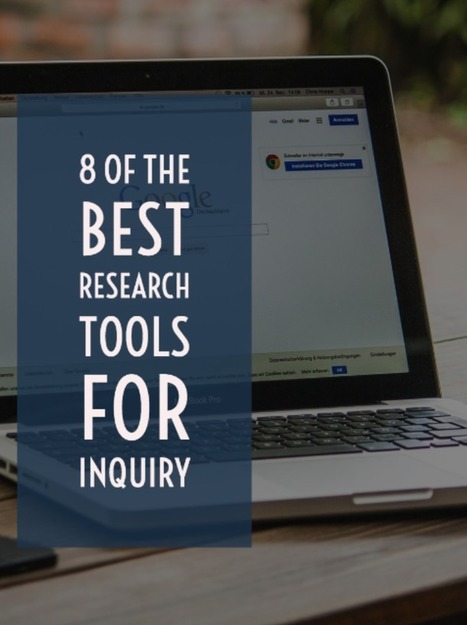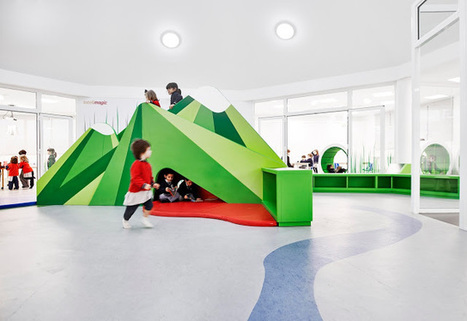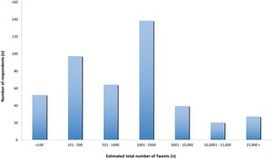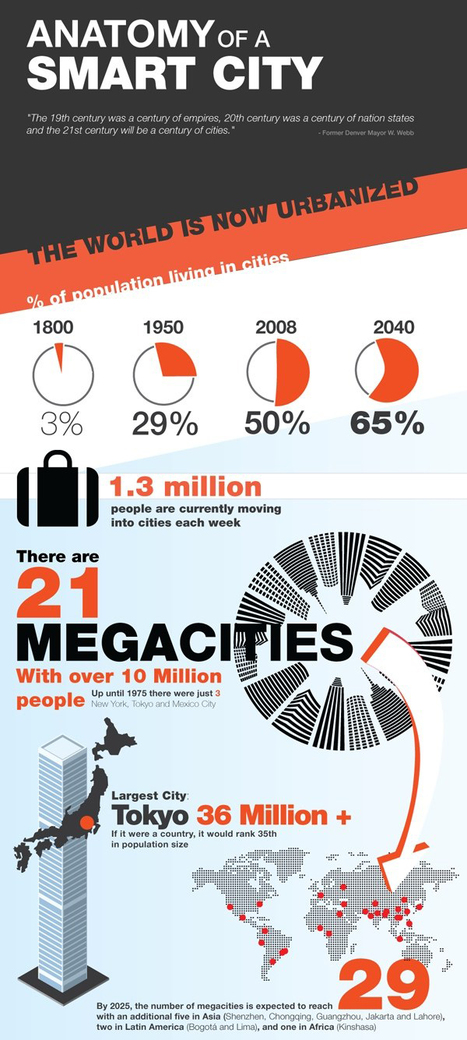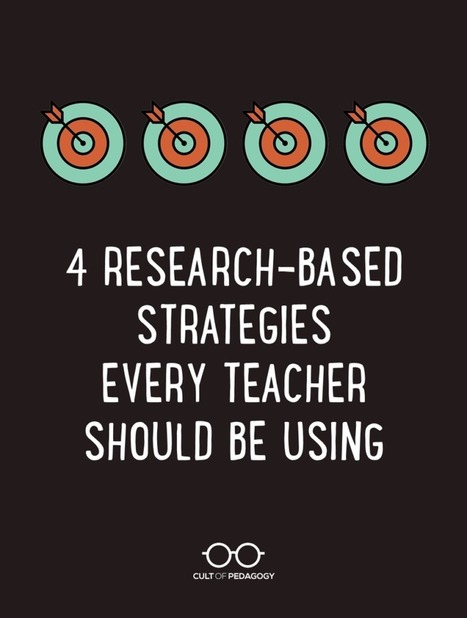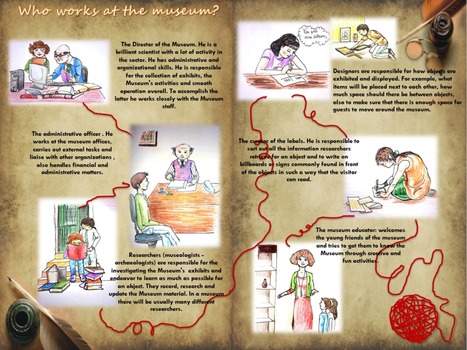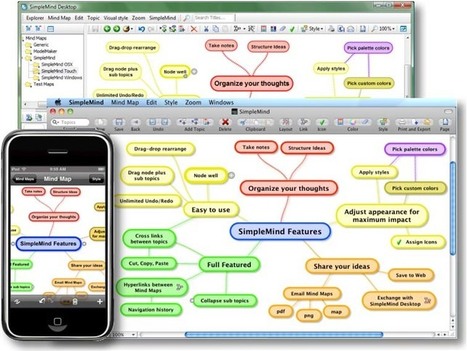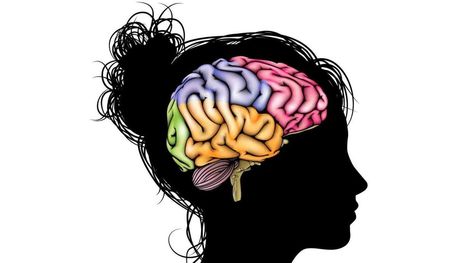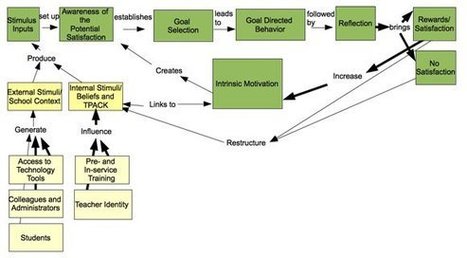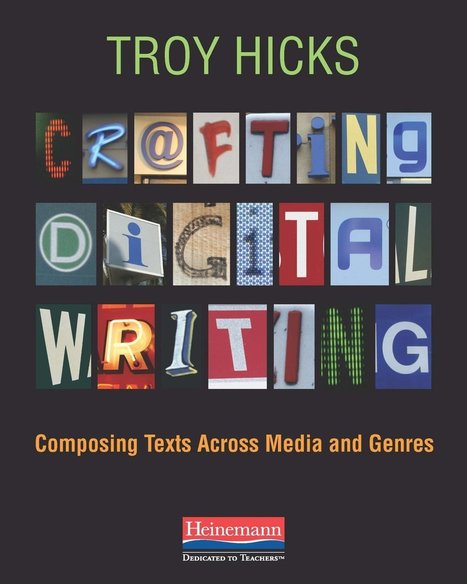
|
Rescooped by Yves Carmeille "Libre passeur" from iGeneration - 21st Century Education (Pedagogy & Digital Innovation) |
Get Started for FREE
Sign up with Facebook Sign up with X
I don't have a Facebook or a X account
 Your new post is loading... Your new post is loading...
 Your new post is loading... Your new post is loading...
No comment yet.
Sign up to comment

Leona Ungerer's curator insight,
August 5, 2017 1:57 AM
Free downloads till 30 August 2017; five most downloaded articles shared with users

THE OFFICIAL ANDREASCY's curator insight,
October 18, 2016 4:42 AM
The purpose is to improve teaching and learning. 
Andreas Christodoulou's curator insight,
October 18, 2016 4:54 AM
Re-designing learning spaces in schools will positively impact classroom learning: http://tiny.cc/RedesigningLearningSpaces

Carlos Fosca's curator insight,
September 10, 2016 6:47 PM
Interesantes resultados y recomendaciones que surgen de un estudio realizado a partir del análisis de la data recogida de la observación de 6.9 millones de sesiones de videos por parte de estudiantes de cuatro cursos edX y de entrevistas con equipos de producción de dichos videos. Se midió el nivel de interés (engagement) que estos videos provocaron en los estudiantes de manera indirecta a través del tiempo en que estos permanecían observando el video. Aún cuando esta no es ni siquiera una buena medida para comprender el impacto de estos contenidos multimedia en el aprendizaje de los alumnos, el estudio brinda algunas interesantes luces sobre como deben producirse estos videos para fines educativos y conseguir al menos que los estudiantes no se aburran rápidamente con ellos. 
Roberto Aníbal Arce's curator insight,
October 12, 2016 9:52 PM
Para nuestros cursantes de edición de video

Mrs. Reinagel's curator insight,
June 10, 2016 1:58 PM
Interesting. I was unaware of the research process.

luiy's curator insight,
December 18, 2014 4:31 AM
We have been grateful to the wide array of planners, architects, techies, entrepreneurs and students of the built environment who have joined us on this journey. And the ‘Smart City‘ has featured again and again, whether it be a futurologist’s insights into the bionic, nature-centric adaptable cities of the future, or an economist’s keen ideas on instilling happiness in the built environment. 
Eli Levine's curator insight,
December 18, 2014 10:45 AM
There is an evolution taking place where politics, policy, technology, the environment, and the economy all intersect. This movement towards technical, empirically driven local policy making could be our saving grace.This could be the future of government. |

Andreas Christodoulou's curator insight,
October 6, 2017 4:08 PM
A useful resource on appropriate implementation of educational technology and its practical implications for students. This empirically-based study, indicates that addressing museum-based multiliteracies within a blended learning environment can be meaningful for ubiquitous learning.

THE OFFICIAL ANDREASCY's curator insight,
October 6, 2017 4:20 PM
In this article, a design-based research approach is presented, which utilizes multiliteracies pedagogy to support ubiquitous learning during the design of a student-generated virtual museum. The findings from implementing the museum-school synergy, indicate that there is potential for beneficial ubiquitous learning experiences for students when theory-based practice is undertaken.

Willem Kuypers's curator insight,
June 19, 2017 2:22 AM
Très bon post pour dire qu'il faut remplacer les recherches dans Google par des recherches plus spécifiques, et puis d'autres conseils en plus.

Koen Mattheeuws's curator insight,
November 5, 2016 7:04 AM
The problem is that many high schools confuse “challenging work” with “amount of work.”

Lon Woodbury's curator insight,
February 22, 2017 10:00 AM
It seems like boredom is deadly to the learning process and that's exactly what high school students report is what is happening to them in most schools - The lack of challenge. k-Lon
Shannon Rasmussen's curator insight,
May 10, 2017 6:02 AM
Great article into the importance of ICT in education!

Gust MEES's curator insight,
September 21, 2016 8:40 AM
— Breaking up and spacing out study time over days or weeks can substantially boost how much of the material students retain, and for longer, compared to lumping everything into a single, nose-to-the-grindstone session.
Learn more / En savoir plus / Mehr erfahren:
https://gustmees.wordpress.com/2016/03/14/time-the-most-important-factor-neglected-in-education/
http://www.scoop.it/t/21st-century-learning-and-teaching/?tag=Brain

THE OFFICIAL ANDREASCY's curator insight,
August 30, 2016 11:17 AM
Learn about the latest scientific news on life on exoplanets. 
Andreas Christodoulou's curator insight,
August 30, 2016 11:32 AM
If you are fascinated by the prospect of living on exoplanets, check this article: http://tinyurl.com/LifeonExoplanets
|








![8 User-Generated Content Trends We Learned from 25 Million Facebook Posts [Report] | KILUVU | Scoop.it](https://img.scoop.it/mlBOPDhLuAcItWYeg1g-Zzl72eJkfbmt4t8yenImKBVvK0kTmF0xjctABnaLJIm9)
